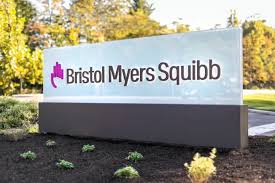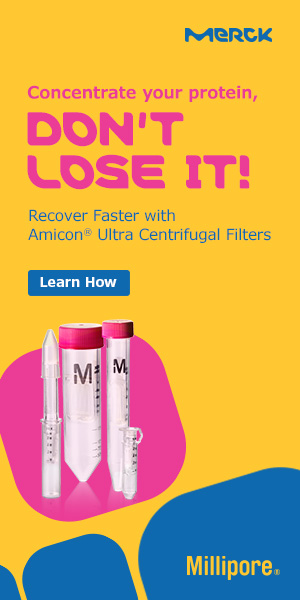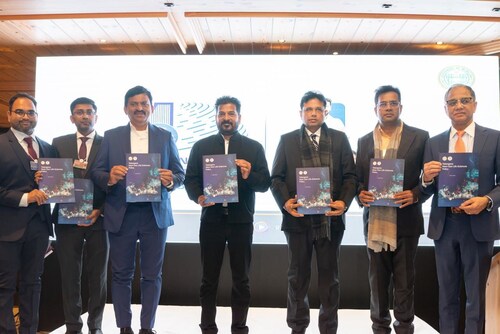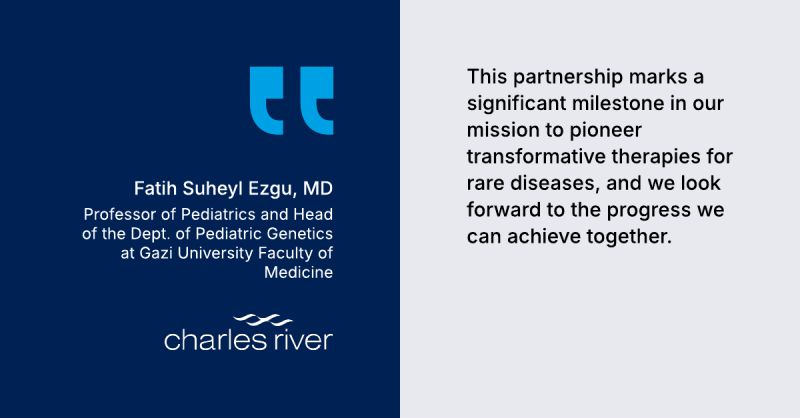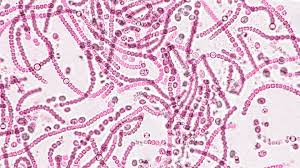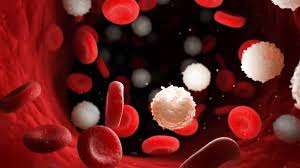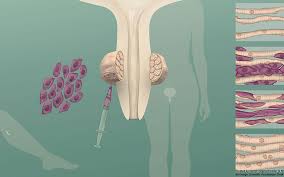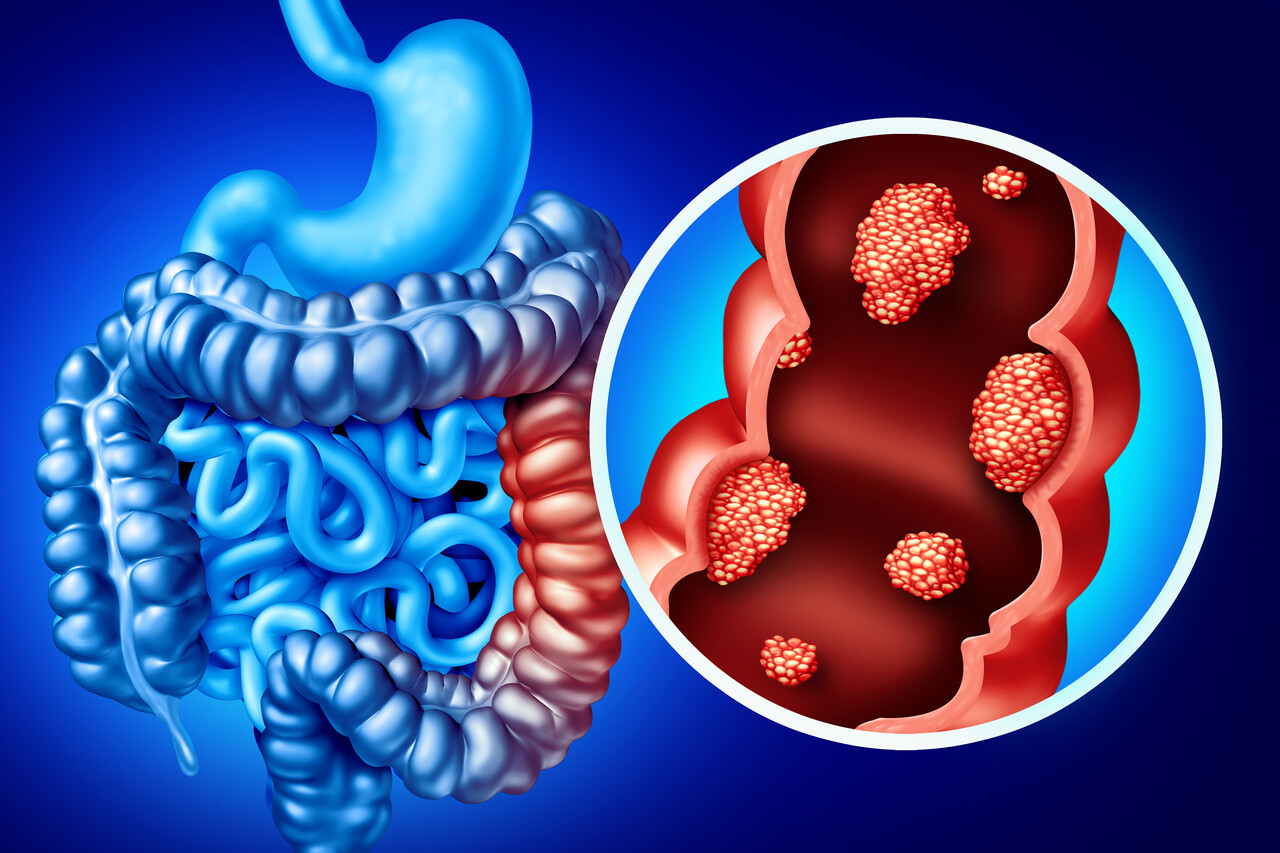Bristol Myers Squibb’s announcement that the US Food and Drug Administration has approved the removal of REMS programs and reduced patient monitoring requirements for its CAR T cell therapies—Breyanzi and Abecma—marks a significant step forward in improving access to advanced treatments for blood cancer patients.
With only two in ten eligible patients currently receiving cell therapy, these label updates aim to ease burdens on patients and providers alike. Among the key changes are reduced post-infusion driving restrictions, now limited to two weeks instead of eight, and shortened proximity requirements near treatment centres, down from four weeks to two. These adjustments are expected to make cell therapy more accessible for those who live far from major academic hospitals or specialised treatment facilities.
The FDA’s decision reflects increasing confidence in the safety of CD19- and BCMA-directed CAR T therapies, based on a growing body of clinical and real-world evidence. By removing REMS, the agency acknowledges that experienced clinicians can now effectively manage key risks, such as cytokine release syndrome and neurologic toxicities, without requiring the additional regulatory safeguards that were initially necessary.
This regulatory milestone is expected to support the expansion of treatment into community cancer centres, reducing geographic disparities and enabling more equitable access to these potentially life-saving therapies. Bristol Myers Squibb is working closely with over 150 certified treatment centres and plans to extend its reach through additional partnerships with local facilities.
Industry experts and patient advocacy groups have welcomed the update. The streamlined requirements are seen as a practical step toward integrating cell therapies into standard oncology care and enabling patients to pursue treatment without being overwhelmed by logistical challenges.
The label revisions also support Bristol Myers Squibb’s broader goal of transforming cell therapy from a specialised solution into a widely available and scalable option. As the field continues to evolve, the company remains committed to ensuring that more patients can benefit from the curative potential of CAR T technology.


